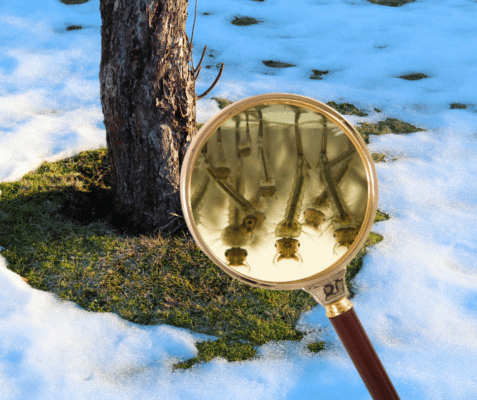Tough Ticks: Why Ticks Are So Difficult to Kill?
Tick season is here! Ticks are among the most problematic pests in the world. Not only do they bite people and exsanguinate wildlife, but ticks can also carry a multitude of transmissible diseases and are notoriously hard to kill. How did ticks earn their reputation as invincible arachnids? Here’s what these bloodsucking scourges can endure:… Read more »










